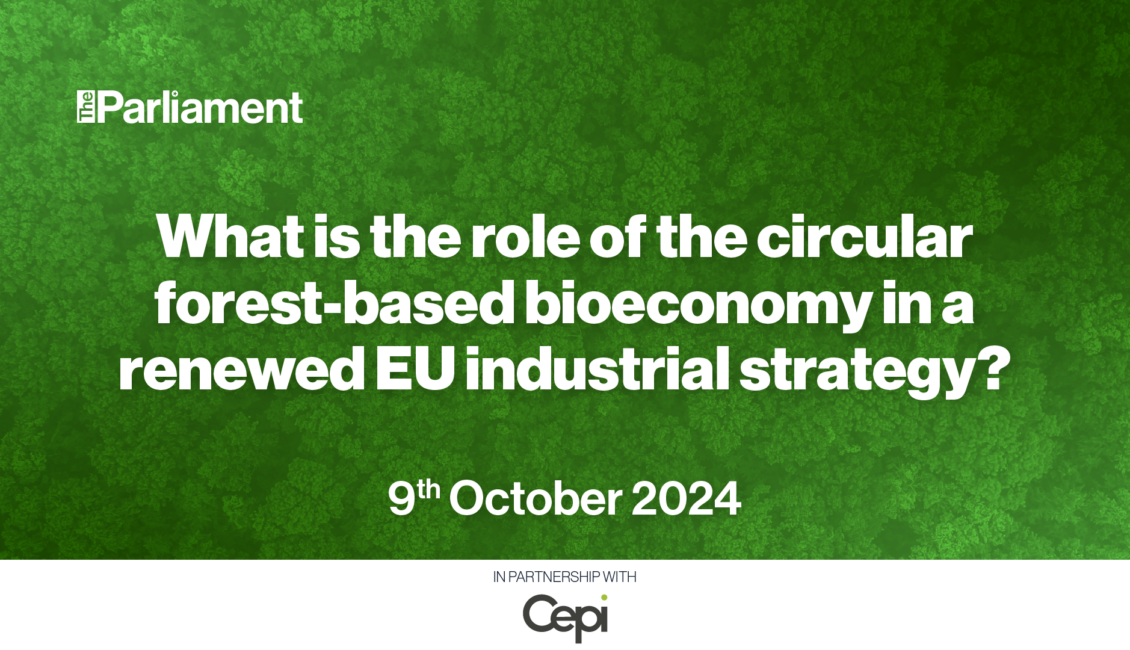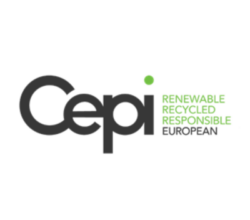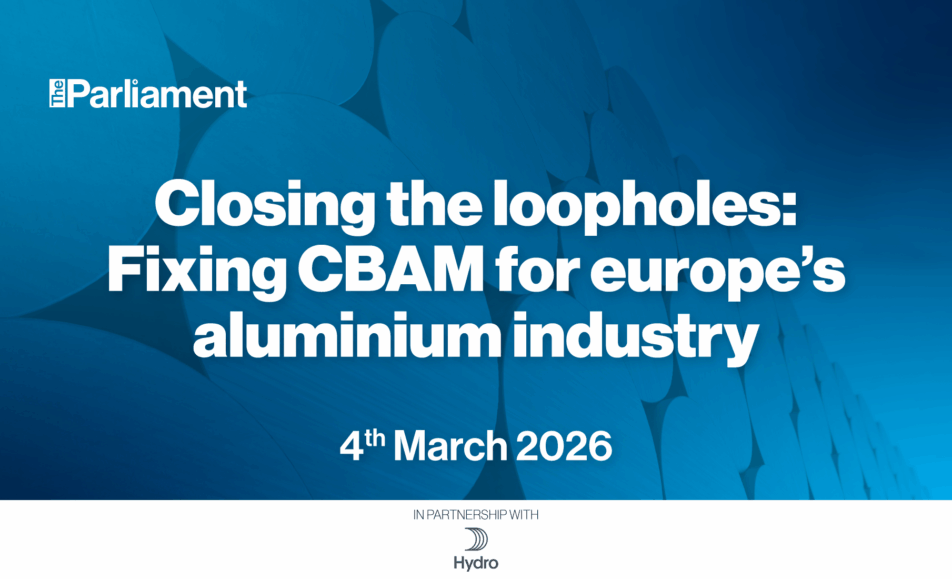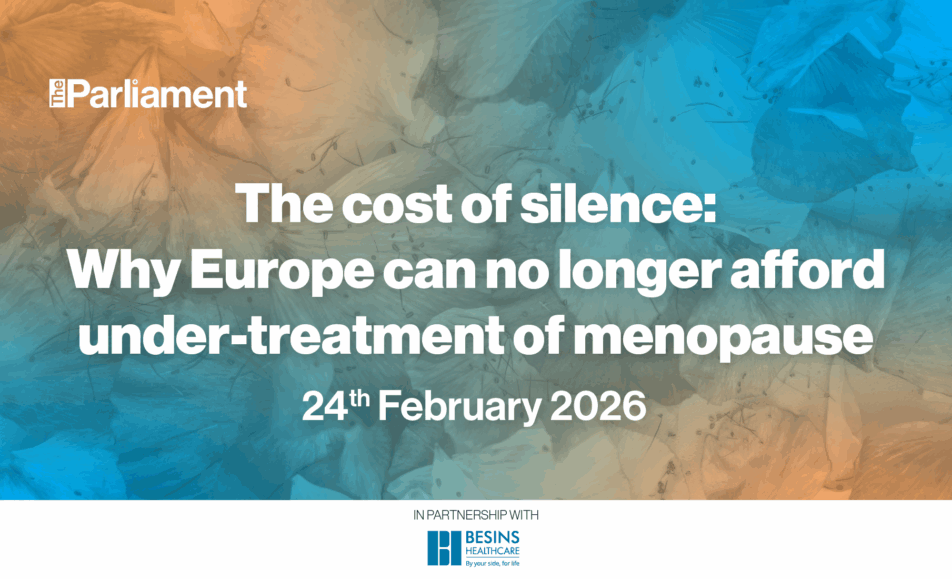
In recent years, the circular forest-based bioeconomy industries have been a key driver of the European economy, while positively contributing to climate change mitigation. The overall and positive climate effect of the forest-based sector is estimated at -806 million tonnes (net) of carbon dioxide equivalent annually. This corresponds to mitigating 20% of all fossil emissions in the European Union. The sector’s strategic nature is rooted in two key elements: its ability to provide a sustainable and low-carbon alternative to traditional fossil fuel-based industries, and its broad scope of integrated value-chains ‘made in Europe’ that supply to all EU industrial ecosystems. Initiatives like the Antwerp Declaration aim to have a renewed European Industrial Deal to go hand in hand with the Green Deal. Considering the pivotal role that the forest-based economy plays towards this objective, how can the next EU mandate foster sustainable supply chains in order to boost the region’s economic growth while ensuring a stronger Europe in the world?














